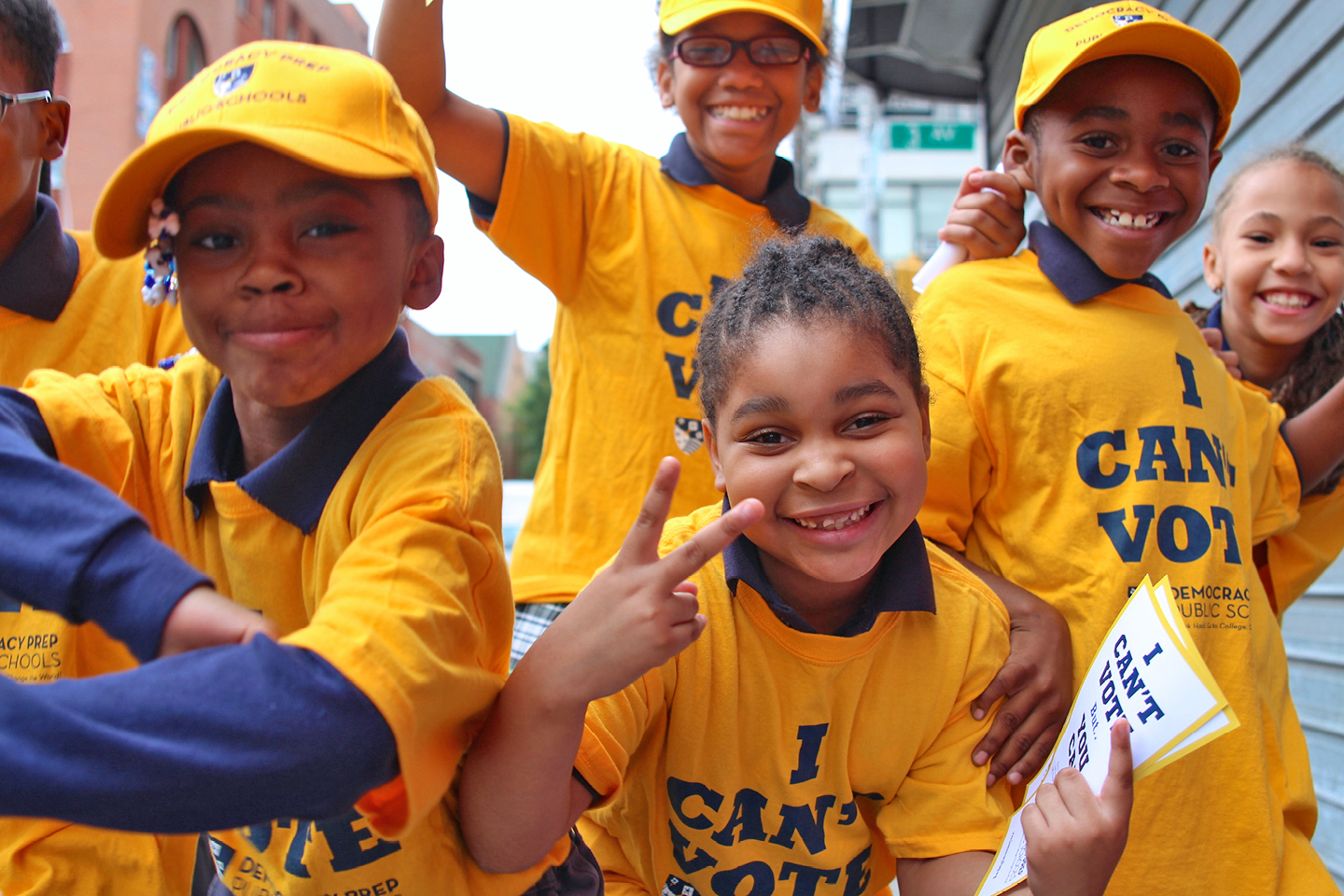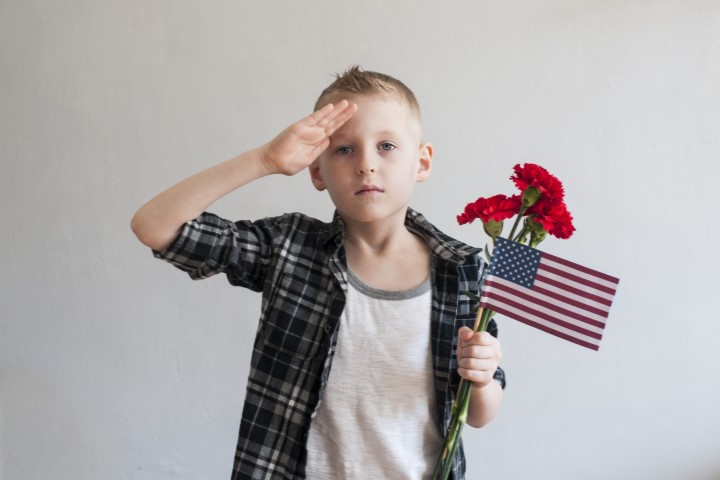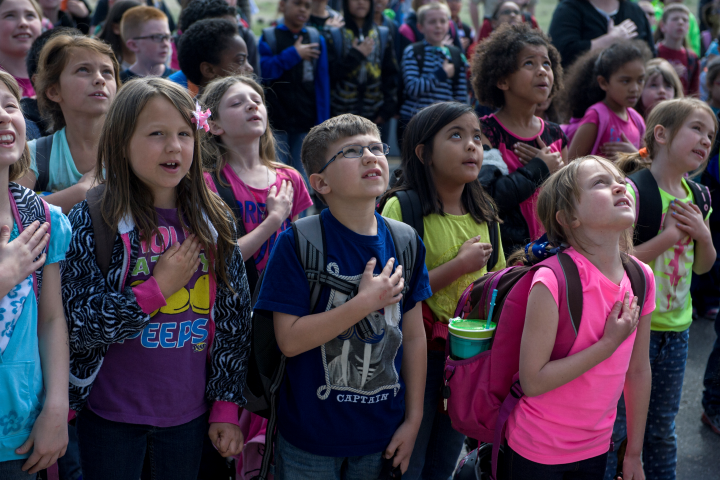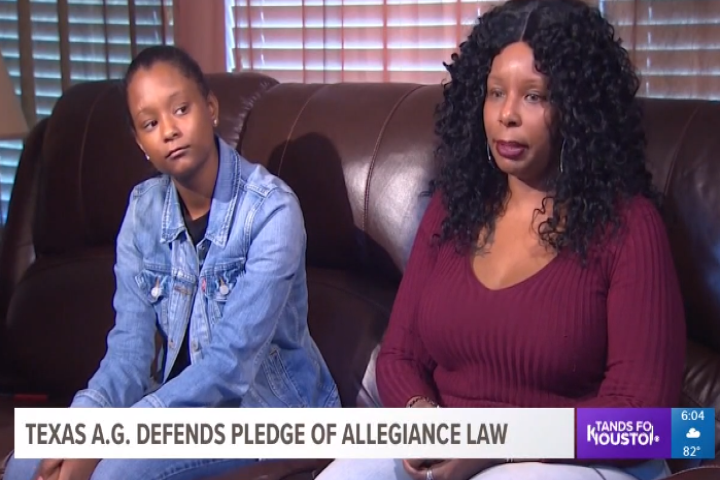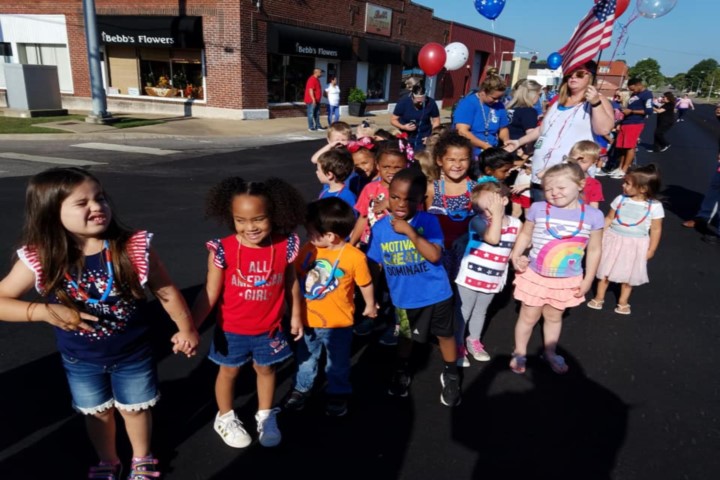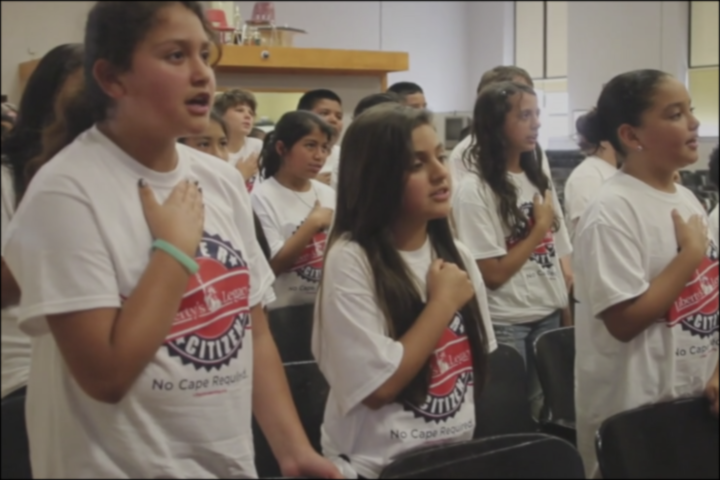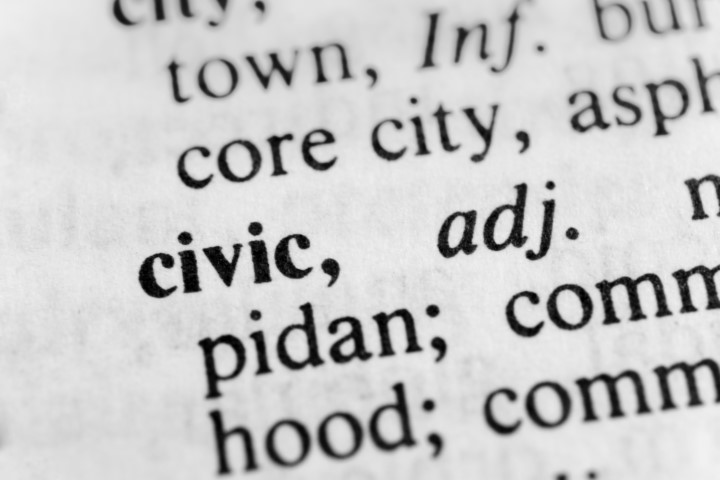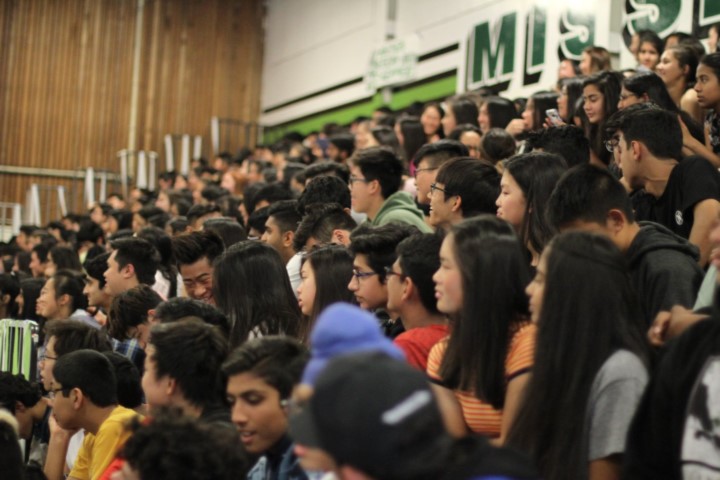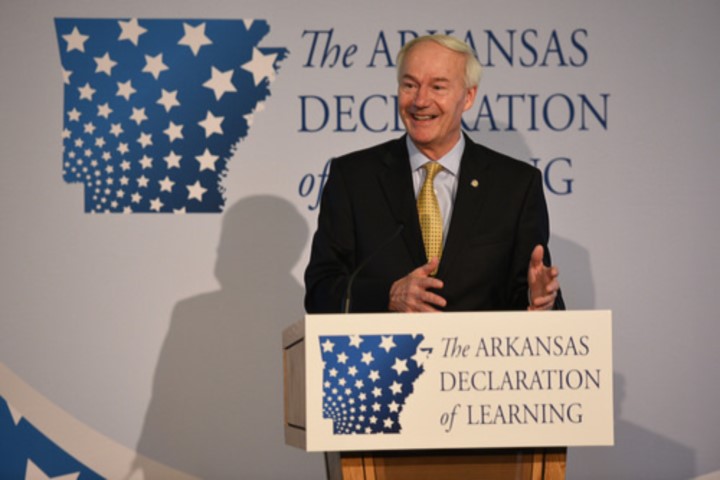Every year, Phi Delta Kappa—an organization that has been connecting and supporting educators since 1906—conducts a poll called “The PDK Poll of the Public’s Attitudes Toward the Public Schools.” The annual poll measures opinions on a variety of topics related to K–12 education. This year, pollsters asked 2,389 Americans 61 questions. The survey revealed widespread discontentment among teachers, considerable parental support for a teachers’ strike, and concerns about a lack of financial support for public schools.
Some surprising results regarding curriculum content emerged this year: 97 percent of American parents and adults overall believe civics should be taught in public school, with two-thirds of this group saying it should be a requirement. In addition, 77 percent say students should have the option of taking a comparative religion class and 58 percent say bible study should be available.
Aligning public schools with these findings would require some major shifts in current practice. Presently, just 36 states require students to study civics, and only eight mandate a yearlong course. And the inclusion of the bible in public schooling has been much less common since 1963, when the U.S. Supreme Court put strict limits on bible reading in public schools.
Jeffrey Guhin, a Fellow at the Institute for Advanced Studies in Culture and an Assistant Professor of Sociology at UCLA, weighed in to CultureFeed on the survey’s curriculum findings—and in the areas of both civics and comparative religion, offered support with a note of caution.
Guhin studies how moral life works in schools and religious groups and is writing two books, each featuring case studies of American high schools. While Guhin endorses the idea of civic education, he cautioned that if people’s desire is to increase civic engagement, disappointment is probably inevitable.
“I’m skeptical of civics programs for the outcomes most people want,” Guhin said. “If the outcome they want is knowledge, they can be helpful. But if the outcome they want is greater participation in government or civic-mindedness, the most effective tool is probably not a class.”
Guhin mentioned the “more information hypothesis”—the idea that the more we know, the more our behavior changes. This, he said, is almost always false.
“These classes are great for learning how a bill becomes a law and about the different branches of government, but they don’t necessarily lead to attitudinal or political changes in behavior like voting more,” he said.
This kind of change is best accomplished through involvement in activities like the Boy Scouts and ROTC, Guhin said. In addition, he noticed during his research that smaller schools—both public and private—have an easier time fostering a sense of mission and community, elements that may be important to inspiring civic engagement.
“My hunch is that the more a school can have a sense of mission and community, the more effective it will be at giving students a sense of being a citizen of the school, and then also of the community and the world,” Guhin said. “At a big school, it’s hard to do that.”
Guhin also noted that a teacher’s passion is more critical to inspiring students’ civic participation than the content of a curriculum. He said, “You can’t guarantee all kids will love poetry, but a charismatic teacher will make that a lot more likely. It’s the same with civics; the charisma of the teacher can have that effect.”
Guhin agreed that comparative religion could be an important addition to public school curricula.
“Religion is a huge part of people’s lives,” he said. “We absolutely should raise the awareness of religion in American history, of world religions, of the role of religion in history. I am concerned about how, in some parts of America, it would play out. But I think that among some secular people, there is a knee-jerk reaction against learning anything about religion, which is silly and anti-intellectual.”
However, he was cautious about the idea of public school students offering a class wholly devoted to the bible, even when couched in a “bible as literature” class.
“I observed a bible as literature class, and it really was evangelization class,” he said. “The teacher covered his bases, but he would take off hats and put on hats in the course of the class. I often feel as though ‘bible as literature’ is a smokescreen to get the bible back as a moralizing force in schools.”

